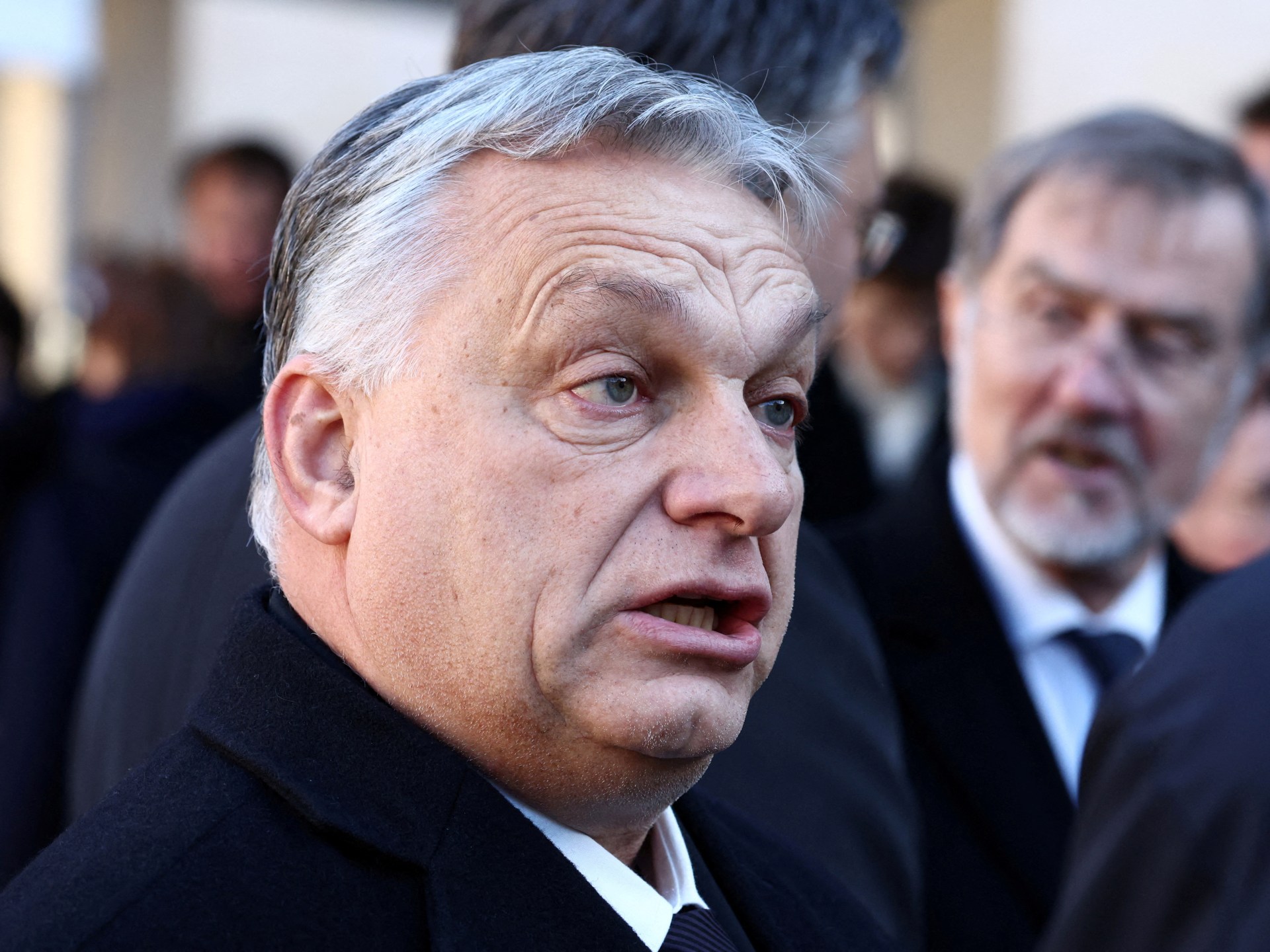Time for new threat concept
A top Turkish commander declared for the first time that the military no longer saw Turkey’s neighbors as foes but that terrorism was the top threat. This is what Gen. Ozkok said on Nov. 11: “Turkey no longer considers countries a threat to each other. The biggest threat for all countries is terrorism. We attribute the first priority to terrorism on the list of contemporary threats to peace and stability in the world.”
Apparently, EU-aspirant Gen. Ozkok, whose term in office expires in the summer of 2006, was trying to add to Turkey’s final round of efforts to avoid a last-minute road accident before EU leaders decide in December whether to give Ankara a date for the start of formal membership talks. But other members of the top brass confirm that the government’s military and civilian flanks are busy working on plans to update Turkey’s threat concept “in line with a looming date from Brussels and an increased terror threat in this part of the world.”
“We no longer see those countries with which we had unpleasant episodes in the past, including Greece and Syria, as enemies,” says a senior military officer. “The world is not the same as it was a decade ago.” No doubt, given Turkey’s history of conflicts with its neighbors, this is a major change of “rhetoric” which, hopefully, will in the future turn into “practice.”
Under its classical threat analysis, Turkey’s generals, until Gen. Ozkok’s speech, argued that the country was located in the middle of the world’s most unstable regions, the Middle East, the Balkans and the Caucasus, and hence the “special” threat analysis.
During the Cold War, NATO member Turkey’s defenses had mainly been designed against the threat of a potential Soviet aggression. But Turkey’s history also highlights other confrontations during and after the end of the Cold War. Fifteen years after the intervention in Cyprus, Turkey came close to an armed conflict with Bulgaria over a forced assimilation campaign by Bulgaria’s last communist leader, Todor Zhivkov, on the country’s 1.5 million ethnic Turks.
In 1996, Turkey and Greece came to the brink of war over the sovereignty of a handful of rocky and uninhabited islets on the Aegean Sea. Two years later, Turkey massed more than 100,000 troops on its Syrian border, threatening Damascus with war unless it stopped sheltering PKK leader Abdullah Ocalan, Turkey’s most wanted man at the time.
But as Turkey edges closer to at least solid hopes of joining the EU at any time in the distant future, its strategic defense and threat analysis cannot remain unchanged.
The EU is not the only motivation. The shift from the classical threat concept into a terror-centric one also reflects a convergence with U.S. and NATO perceptions of security. This is a move toward Washington’s asymmetrical threat concept. According to one U.S. diplomat in Ankara, Gen. Ozkok’s speech is “too important to go unnoticed and is the right one.” Well, one may not like President W. Bush’s Middle East “engineering,” but it is a reality no country in this part of the world has the luxury to ignore.
Figures, too, point to a need for change in favor of anti-terror. For example, Britain, the United States’ military partner in Iraq’s invasion, has lost 74 soldiers since the war broke in March 2003. Since then, more than 60 Turkish civilians (mostly truck drivers) have been killed in Iraq by insurgents. Add to that more than 80 victims of last November’s bombings in Istanbul by radical Islamists and 30 security forces and civilians killed by the Kurdistan Workers’ Party’s (PKK) latest reincarnation, Kongra-Gel, since the summer, and the Turkish death toll on terrorism more than doubles Britain’s entire war casualties.
Gen. Ozkok’s new policy should be able to find its echoes on defense procurement, too. Inevitably, Ankara will continue with its defense modernization plans. Even countries like Austria, Norway and the Netherlands keep on buying new war toys, although they have no recent history of hostilities or confrontations. But the “choice of weaponry” by the Turkish military will be critical in gauging Turkey’s intentions to shift from the classical threat analysis to a finely updated one. Attack helicopters, yes; hi-tech electronic systems and better border protection, again, yes; but, for example, new navy vessels of any kind would hardly fit into the new concept if Turkey no longer sees its neighbors as foes.



